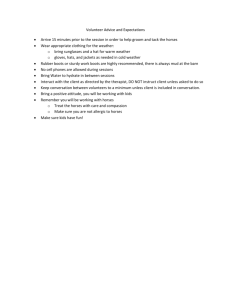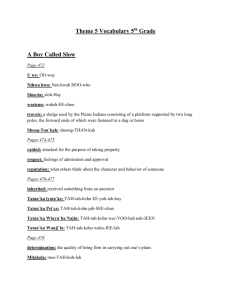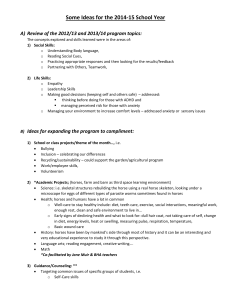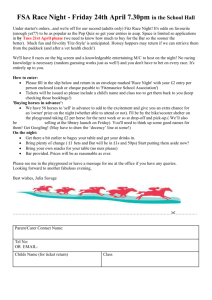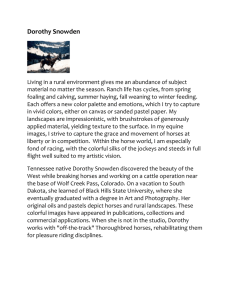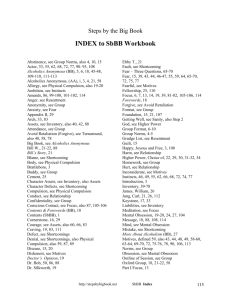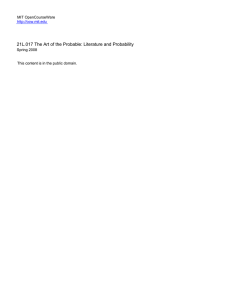close reading sample
advertisement
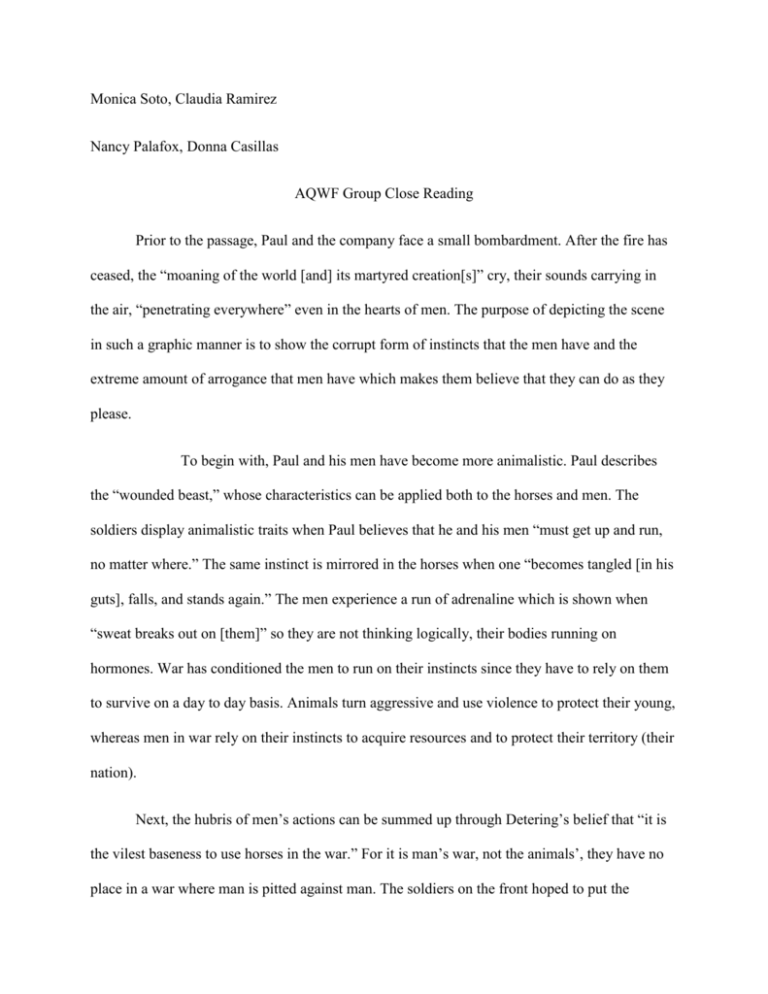
Monica Soto, Claudia Ramirez Nancy Palafox, Donna Casillas AQWF Group Close Reading Prior to the passage, Paul and the company face a small bombardment. After the fire has ceased, the “moaning of the world [and] its martyred creation[s]” cry, their sounds carrying in the air, “penetrating everywhere” even in the hearts of men. The purpose of depicting the scene in such a graphic manner is to show the corrupt form of instincts that the men have and the extreme amount of arrogance that men have which makes them believe that they can do as they please. To begin with, Paul and his men have become more animalistic. Paul describes the “wounded beast,” whose characteristics can be applied both to the horses and men. The soldiers display animalistic traits when Paul believes that he and his men “must get up and run, no matter where.” The same instinct is mirrored in the horses when one “becomes tangled [in his guts], falls, and stands again.” The men experience a run of adrenaline which is shown when “sweat breaks out on [them]” so they are not thinking logically, their bodies running on hormones. War has conditioned the men to run on their instincts since they have to rely on them to survive on a day to day basis. Animals turn aggressive and use violence to protect their young, whereas men in war rely on their instincts to acquire resources and to protect their territory (their nation). Next, the hubris of men’s actions can be summed up through Detering’s belief that “it is the vilest baseness to use horses in the war.” For it is man’s war, not the animals’, they have no place in a war where man is pitted against man. The soldiers on the front hoped to put the “martyred creation” out of their misery because they are suffering for something that they never wished to be a part of, horses never asked to serve in a war. The soldiers felt that the cries of the horses were worse than those of man for these cries were considered “unendurable.” Detering came to the point of feeling desperation when he yells at his men to “Shoot them!” The men were only able to feel relief after relieving the horses of their misery by shooting them; only after their suffering was ended did the men get to experience “a long-drawn dying sigh [hanging] in the air.” Ultimately, the passage depicts the men as having descended to instincts instead of thinking logically due to the barbaric conditions that war has exposed them to. The instincts of men are viewed as a more tainted form of the traits of animals because the soldiers have the ability to use logic but have resorted to use their instincts. The men can also relate to the animals’ reactions, as the men have also experienced the horrors of war. Despite the reduction of man’s civility, the soldiers are able to recognize that man has overstepped his boundaries by using horses to fight wars that only men can win. The animals will gain nothing from war, in fact, they lose much with the scarring of the Earth through the man-made weapons
